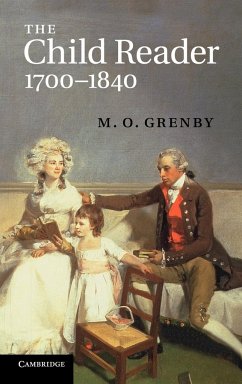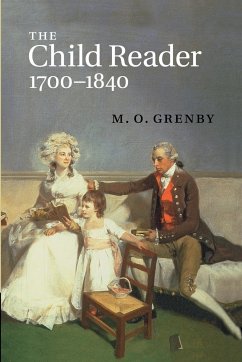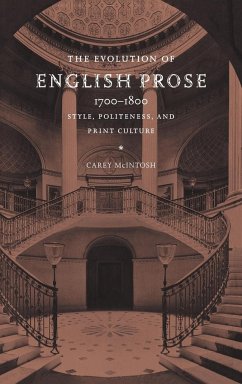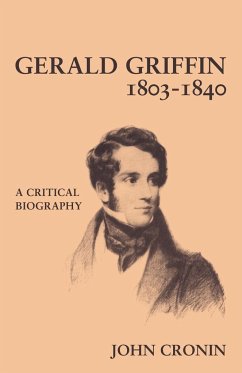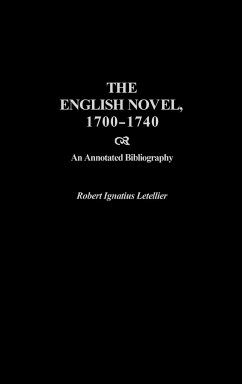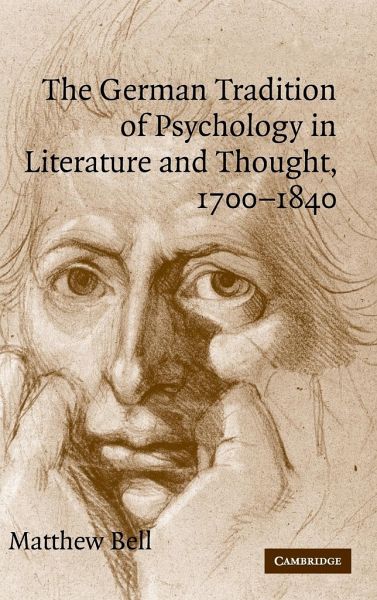
The German Tradition of Psychology in Literature and Thought, 1700-1840

PAYBACK Punkte
36 °P sammeln!
The beginnings of psychology are usually dated from experimental psychology and Freudian psychoanalysis in the late-nineteenth century. Yet the period from 1700 to 1840 produced some highly sophisticated psychological theorising that became central to German intellectual and cultural life, well in advance of similar developments in the English-speaking world. Matthew Bell explores how this happened, by analysing the expressions of psychological theory in Goethe's Faust, Kant's Critique of Pure Reason, and in the works of Lessing, Schiller, Kleist and E. T. A. Hoffmann. This study pays special ...
The beginnings of psychology are usually dated from experimental psychology and Freudian psychoanalysis in the late-nineteenth century. Yet the period from 1700 to 1840 produced some highly sophisticated psychological theorising that became central to German intellectual and cultural life, well in advance of similar developments in the English-speaking world. Matthew Bell explores how this happened, by analysing the expressions of psychological theory in Goethe's Faust, Kant's Critique of Pure Reason, and in the works of Lessing, Schiller, Kleist and E. T. A. Hoffmann. This study pays special attention to the role of the German literary renaissance of the last third of the eighteenth century in bringing psychological theory into popular consciousness and shaping its transmission to the nineteenth century. All German texts are translated into English, making this fascinating area of European thought fully accessible to English readers for the first time.





